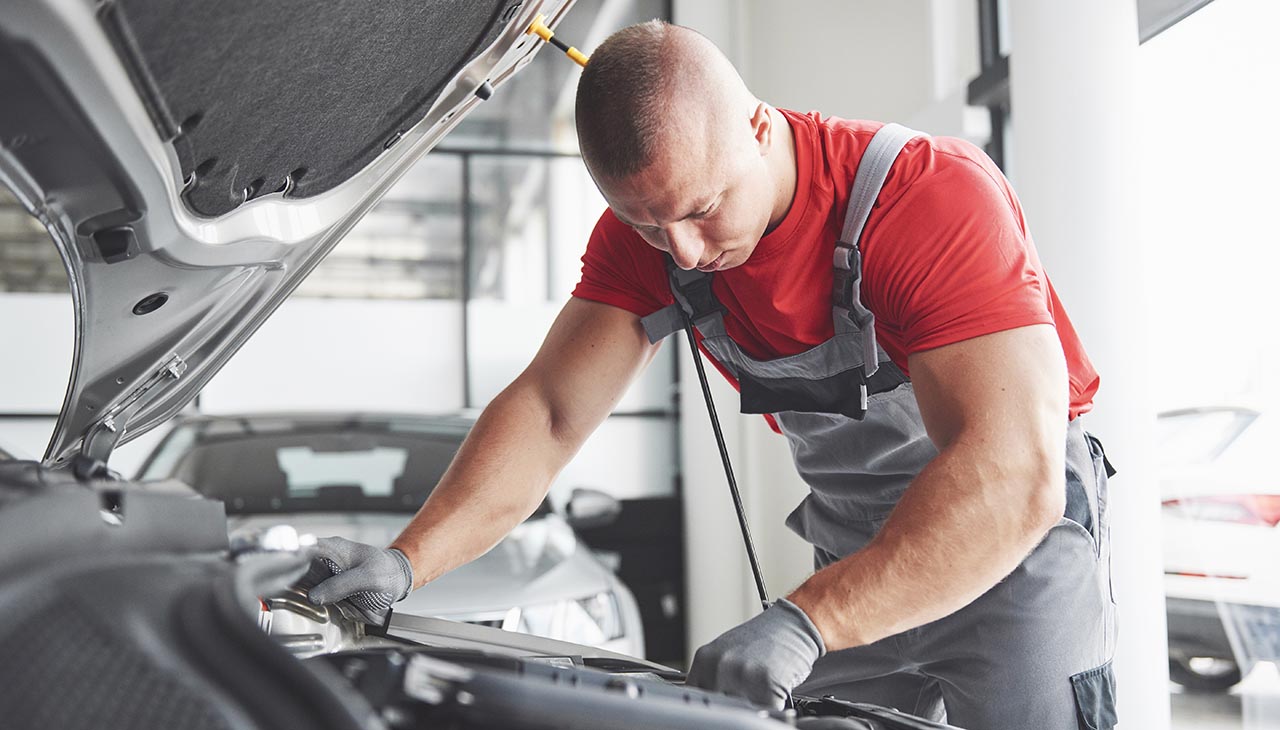Seasonal Vehicle Maintenance: Preparing Your Car for Summer and Winter
As the seasons change, so do the needs of your vehicle. The fluctuating temperatures, road conditions, and weather patterns from summer to winter can significantly impact the performance and safety of your car. Seasonal vehicle maintenance is not only crucial for extending the life of your car but also for ensuring your safety and the safety of others on the road. This guide is designed to walk you through the essential steps of preparing your car for the extreme conditions of both summer and winter, ensuring it remains reliable, efficient, and ready to tackle whatever comes its way. From cooling systems checks in the blistering heat of summer to tire and battery inspections in the freezing winter, we’ve got you covered.
Summer Vehicle Maintenance
Checking and Refilling Fluids
To ensure your vehicle runs smoothly during the summer months, it is crucial to check and refill various fluids that are essential for cooling and lubrication. Engine oil, coolant, transmission fluid, brake fluid, and windshield washer fluid should all be checked and topped off as necessary. Summer heat can cause fluids to evaporate or degrade more quickly, making this step vital for preventing overheating and other mechanical issues.
Inspecting Tires and Air Conditioning System
Tire maintenance is critical in summer, as higher temperatures can affect tire pressure and lead to blowouts. Regularly inspect your tires for proper inflation, tread wear, and damage to avoid any mishaps. Additionally, a functional and efficient air conditioning system is non-negotiable for comfortable driving in hot weather. Ensure the system is properly charged, and the filters are clean to keep it running efficiently.
Cleaning and Protecting Exterior and Interior Surfaces
Summer’s intense sun and heat can take a toll on your car’s exterior and interior. Protect your vehicle’s paint by washing it regularly and applying a protective wax coating that reflects UV rays. Inside, use a UV protectant on the dashboard and other surfaces to prevent fading and cracking. Regularly clean the interior to avoid dust and dirt build-up, which can further damage surfaces and degrade air quality inside the car.
Winter Vehicle Maintenance
Checking and Replacing Fluids for Cold Weather
Preparing your vehicle for winter involves a careful check of all fluids, ensuring they are suitable for colder temperatures. Antifreeze levels in the coolant should be sufficient to prevent freezing. It’s also advisable to switch to a thinner, winter-grade oil that will flow more easily at lower temperatures. Windshield washer fluid should have antifreeze properties to ensure it doesn’t freeze on the windshield, impairing your visibility.
Inspecting Tires, Brakes, and Heating System
Winter driving demands that your tires are in top condition. If you live in an area with heavy snowfall, consider switching to winter tires that offer better traction on snow and ice. Ensure that the tire pressure is adjusted according to the manufacturer’s recommendations for cold weather. Your brake system should be thoroughly inspected to avoid any malfunctions on slippery roads. Additionally, ensure your vehicle’s heating system is functioning correctly to provide comfort and to prevent the windows from fogging up, which can hinder visibility.
Preparing an Emergency Kit for Winter Driving
It’s essential to prepare for unexpected situations when driving in winter. An emergency kit tailored for cold weather can be a lifesaver in case of a breakdown or when stranded. This kit should include items such as blankets, gloves, a flashlight with extra batteries, a first-aid kit, a small shovel, road salt or cat litter for traction, bottled water, and non-perishable snacks. Also, include an ice scraper and a snowbrush to keep your windows clear. Preparing this kit and keeping it in your vehicle will ensure you’re ready for whatever winter throws your way.
Year-Round Maintenance Tips
Beyond the seasonal care, there are maintenance tasks that should be carried out regularly to ensure the vehicle operates at its best throughout the year.
- Regular Oil Changes: Oil is the lifeblood of your vehicle’s engine, providing necessary lubrication to parts and ensuring smooth operation. Regular oil changes prevent engine wear and overheating, extending the lifespan of your vehicle.
- Checking Lights, Wipers, and Battery: Visibility and communication on the road are paramount for safety. Regular checks and replacements of your vehicle’s lights ensure that you can see and be seen in all conditions. Windshield wipers should be replaced as soon as they start to streak or fail to clear the windshield effectively. The battery, vital for starting your car and powering electrical components, should also be checked for corrosion and wear, particularly as it approaches the end of its warranty period.
- Monitoring Overall Vehicle Performance: Paying attention to your vehicle’s performance is crucial. Listen for unusual noises, monitor dashboard warning lights, and take note of any changes in handling or responsiveness. Early detection of potential issues can prevent costly repairs and keep your vehicle running efficiently.
Adhering to these year-round maintenance tips, alongside the seasonal care outlined earlier, will help ensure your vehicle remains in peak condition, offering reliability, safety, and performance no matter the season.
